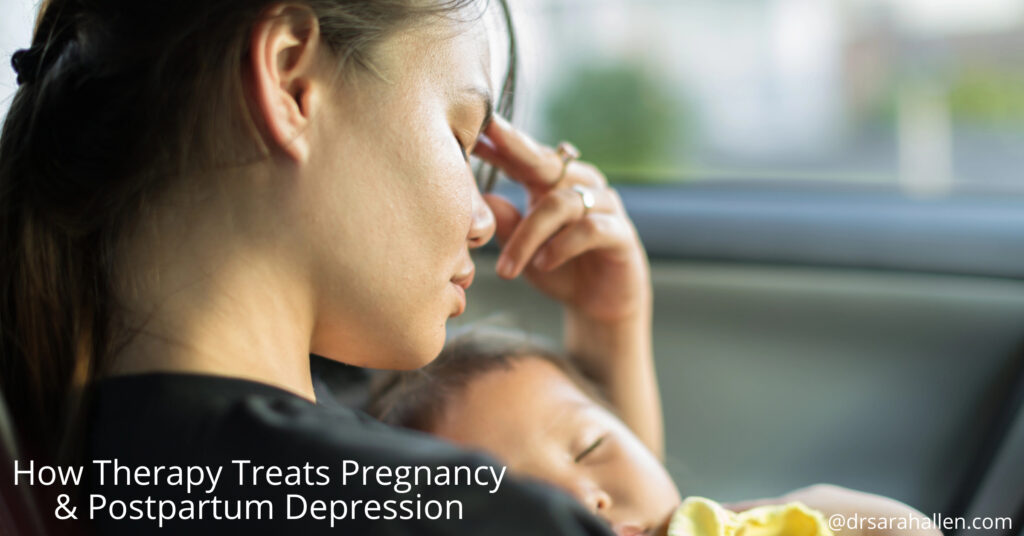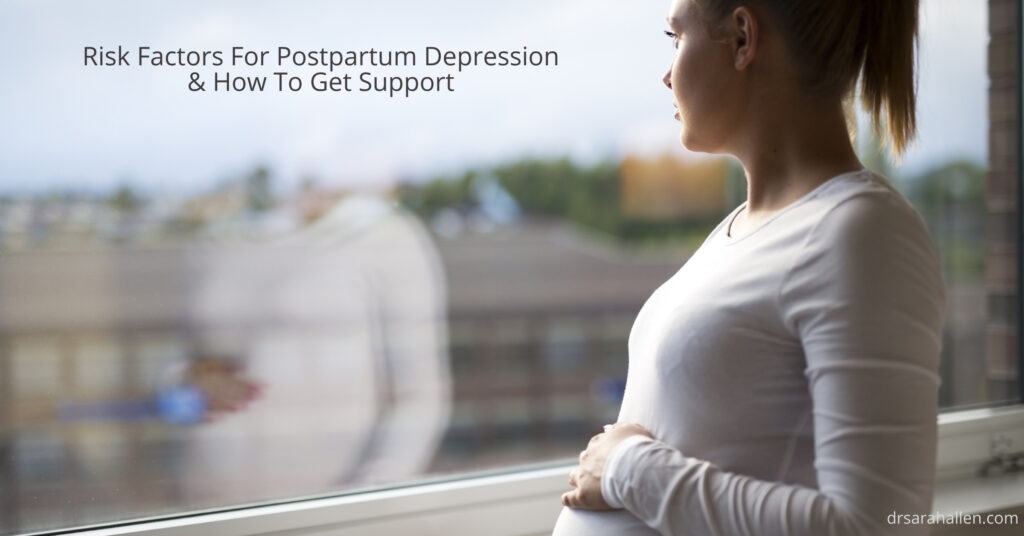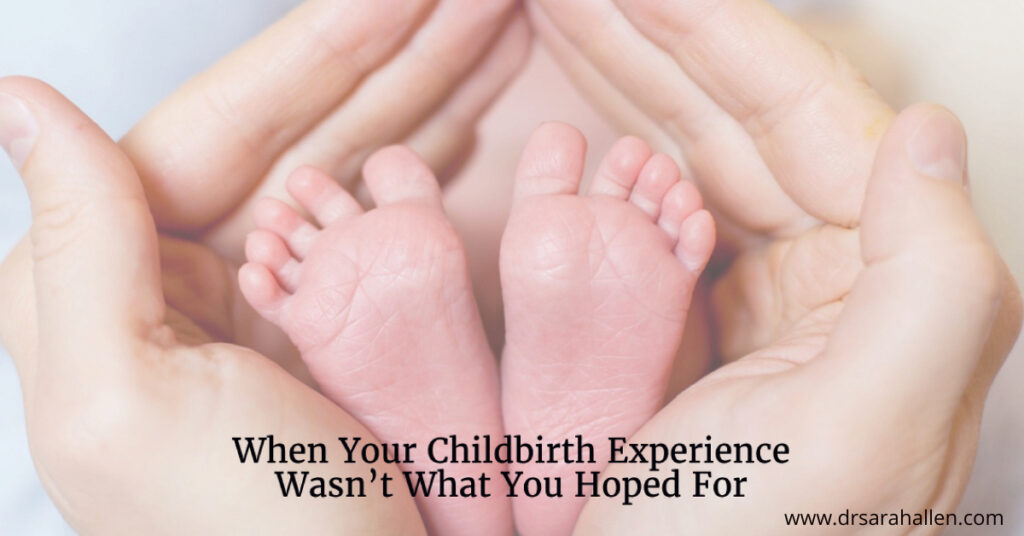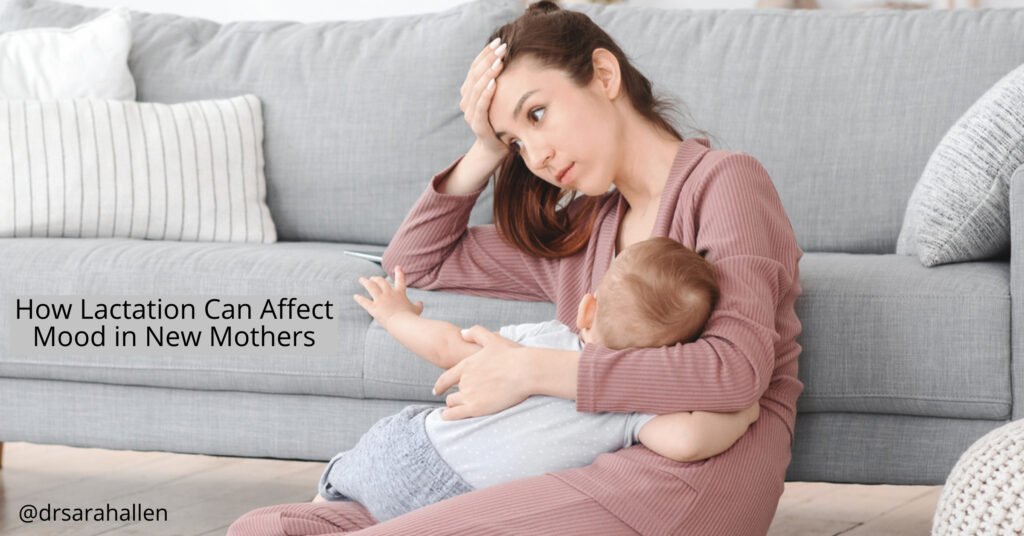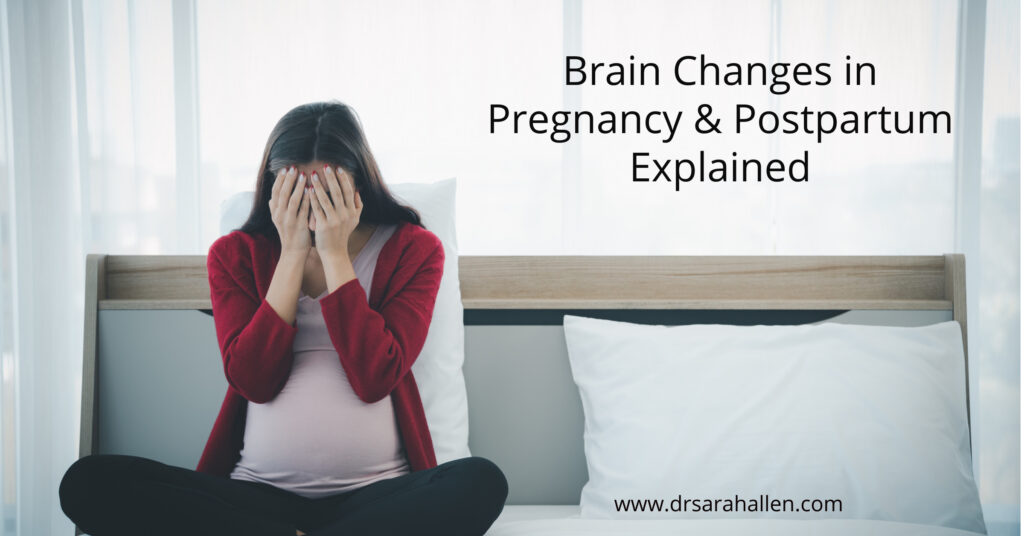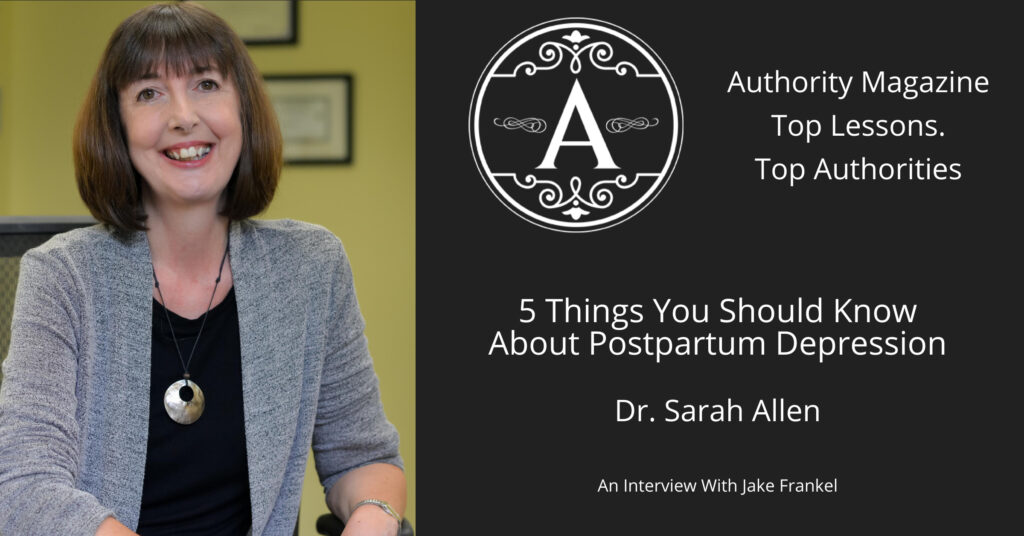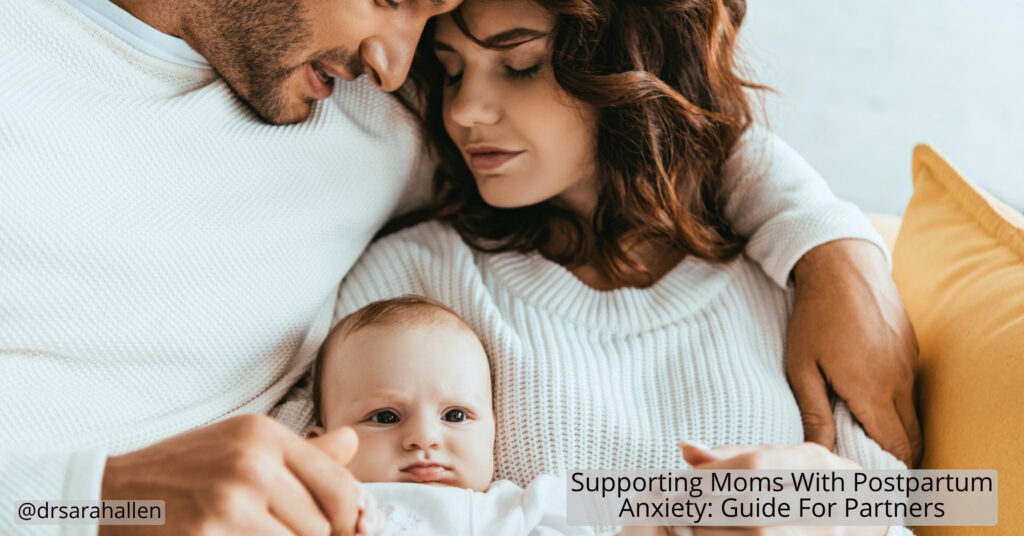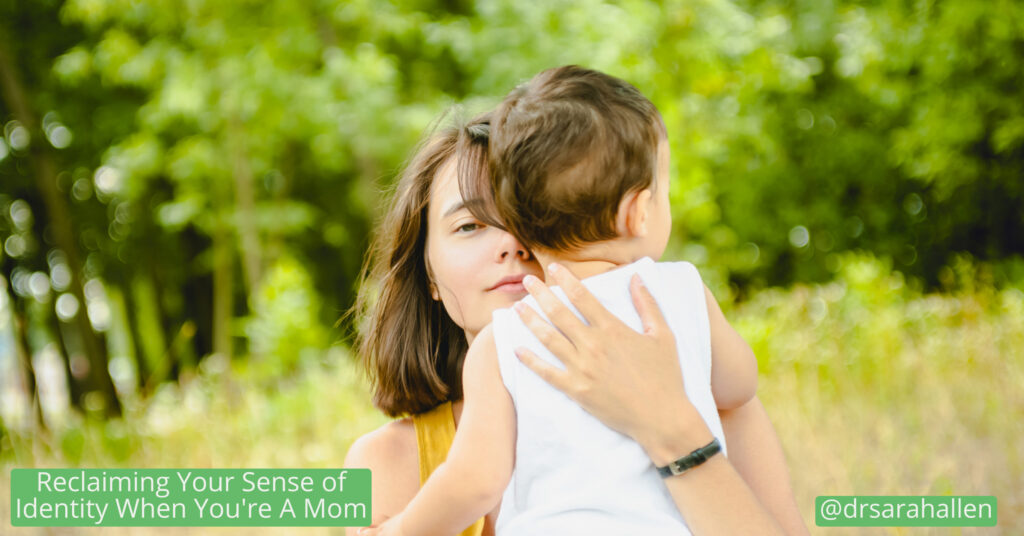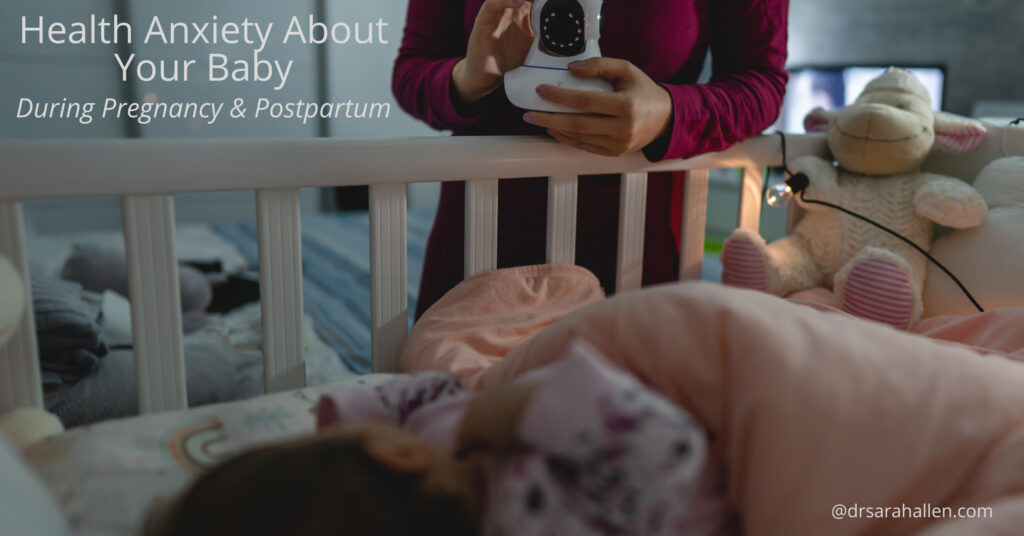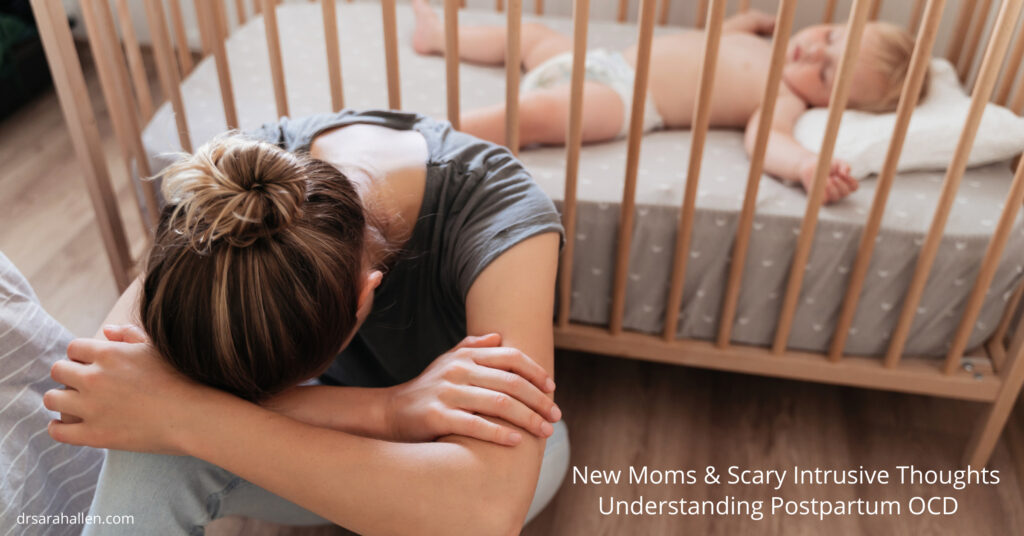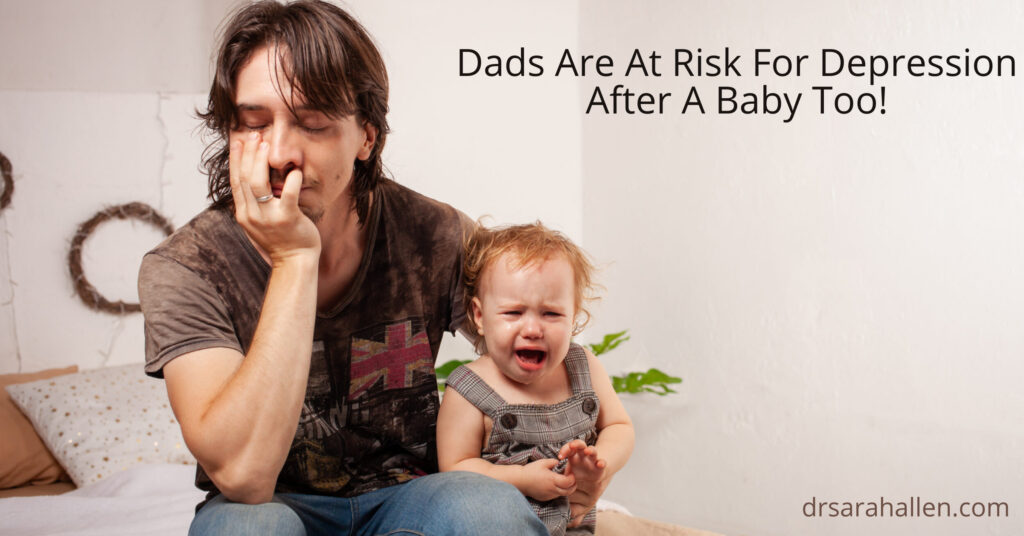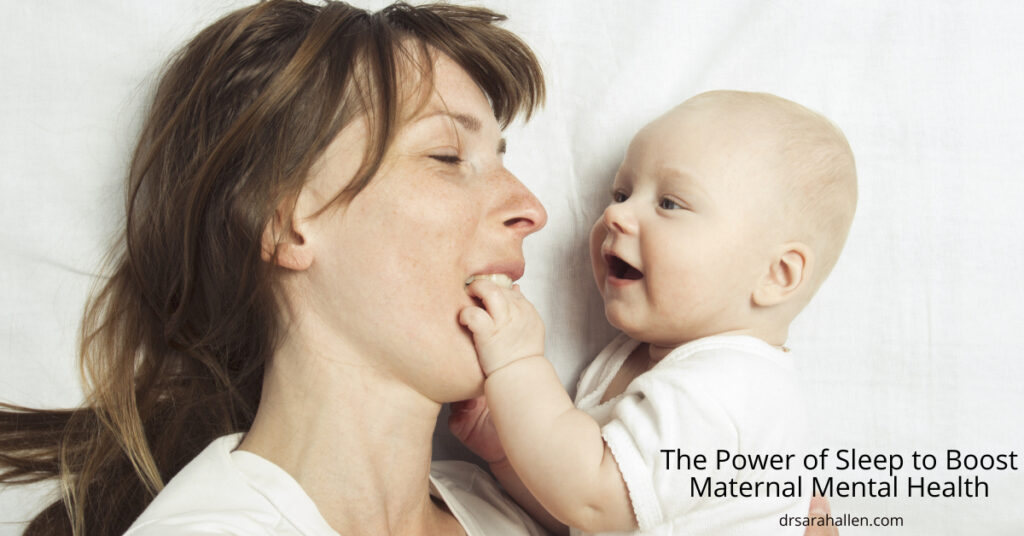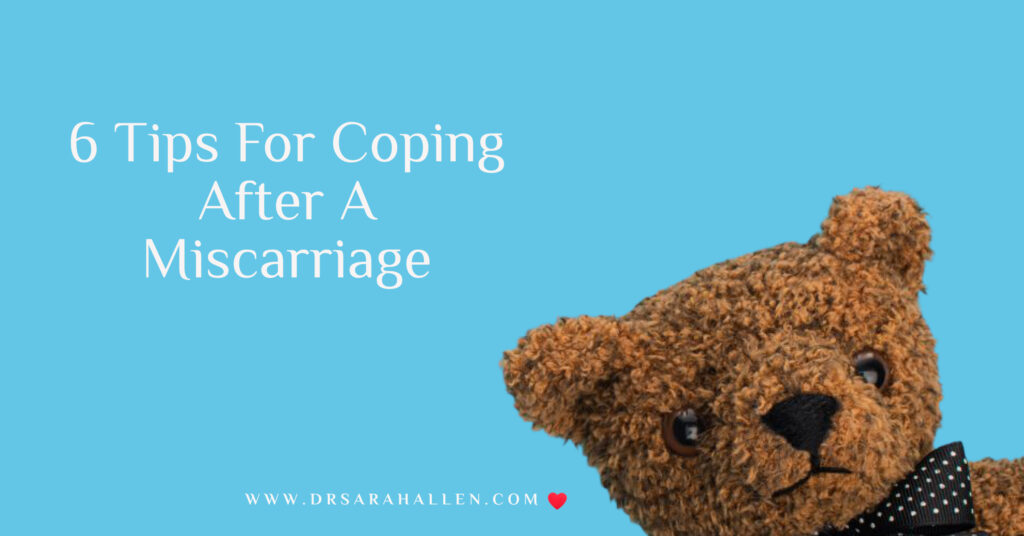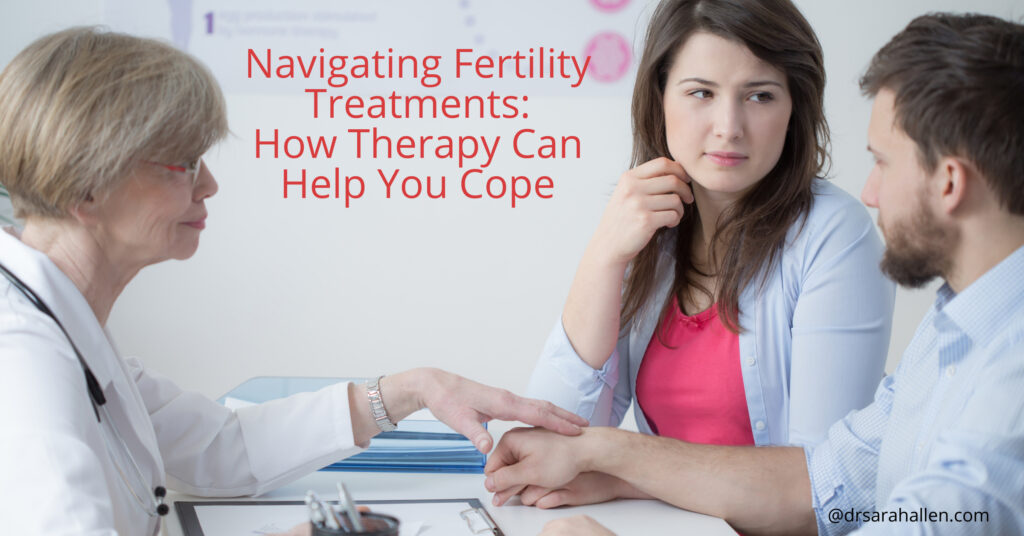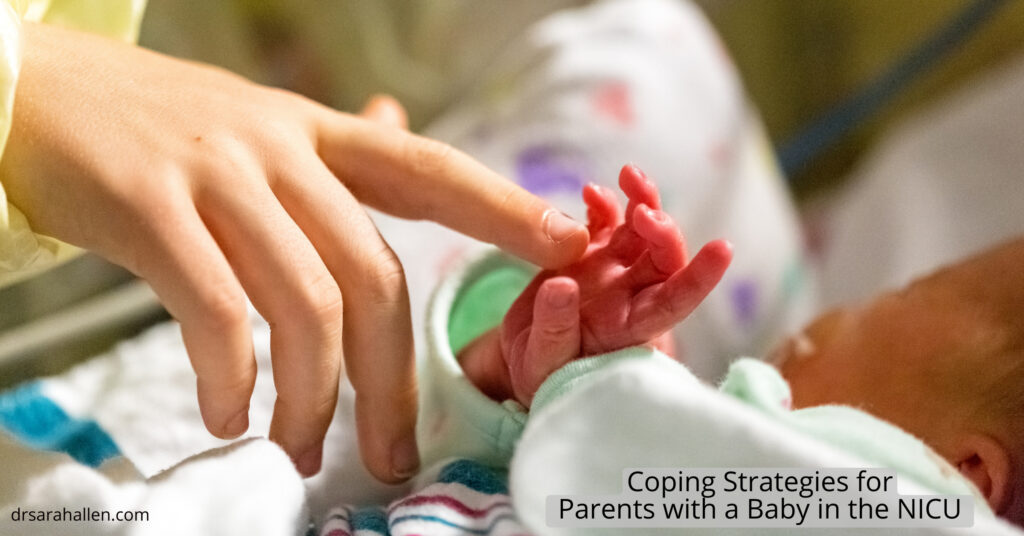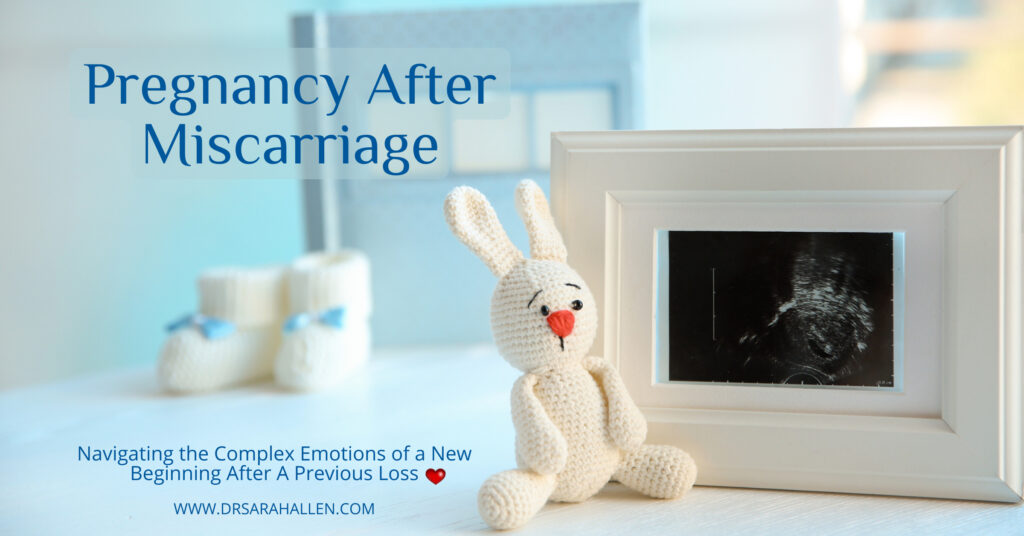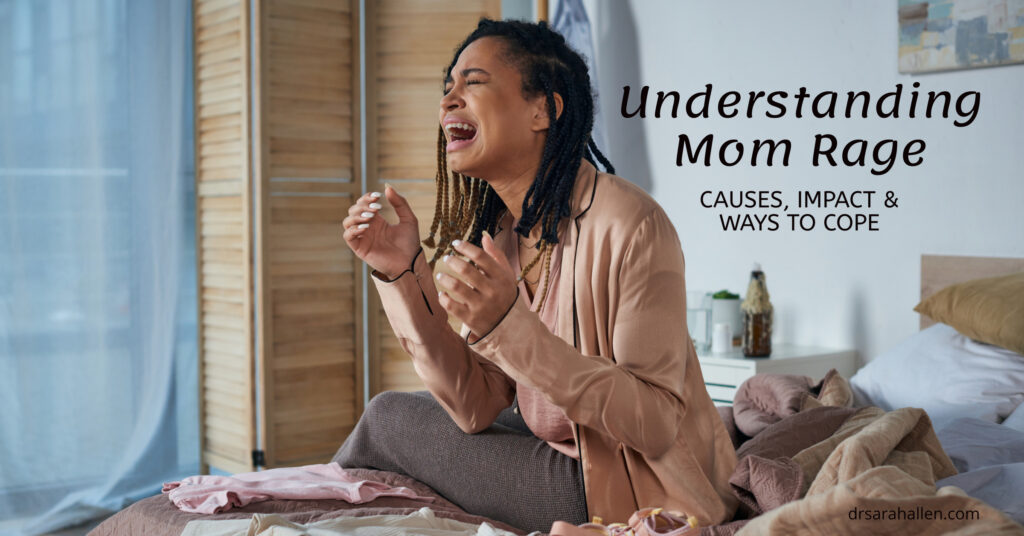Pregnancy & PostpartumMood Disorders
Is Motherhood More Of A Struggle Than You Thought It Would Be?
Are you an expectant mother struggling with feelings of sadness and anxiety? Are you a new mom feeling that motherhood is everything but what you expected?

If You Are Struggling Emotionally During Pregnancy or After Your Baby is Born, Your Feelings May Indicate an Issue That is Bigger Than Just the Baby Blues
Are you an expectant mother struggling with feelings of depression and anxiety? Are you a new mother feeling that motherhood isn’t how you expected it to be?
Lots of women feel overwhelmed, guilty, angry and anxious during a time that we are told is supposed to be full of great joy. You may be wondering if other new moms feel this way, too, or if adjusting to the demands of a new baby really are more challenging for you?
We’ve all seen the pictures of the glowing new mother holding her newborn baby, who is nursing without difficulty as he drifts off into a peaceful sleep. Although that idyllic representation of motherhood is lovely, it is hardly the norm.
Expert Maternal Mental Health Treatment Is Available with Dr. Sarah Allen via Remote Counseling Throughout Illinois and Florida.
To begin, many expectant mothers experience significant emotional problems during pregnancy. Many women fear that these feelings may continue or worsen after the birth of their baby.
Most new moms are sleep deprived, frustrated and overwhelmed by juggling the challenges of a new baby with their other obligations. Some experience irritation toward their partner for not offering more support and most find themselves wishing for more hours in the day.
First, take a deep breath, give yourself some credit for all you do, and recognize that you are not alone. Approximately 6% of pregnant and 10% of new moms experience anxiety and one in five mothers (20%) report experiencing some level of pregnancy or postpartum depression and remember those statistics come from the number of women actually reporting it so imagine how many women go through anxiety and depression and don’t mention it to their doctors or reach out for help. Having a baby – whether it’s your first or fourth – requires a significant amount of energy and is a major life transition.
Are You Struggling During Your Pregnancy?
We used to think that maternal depression only happens postpartum (after the baby is born) and we concentrated on treating postpartum depression (PPD). More recent research has indicated that many women experience emotional issues during pregnancy, too. Approximately 15 percent of women experience depression during pregnancy and many also suffer from excessive worry and rumination, feel stressed and overwhelmed and have significant changes in appetite, sleep and concentration.
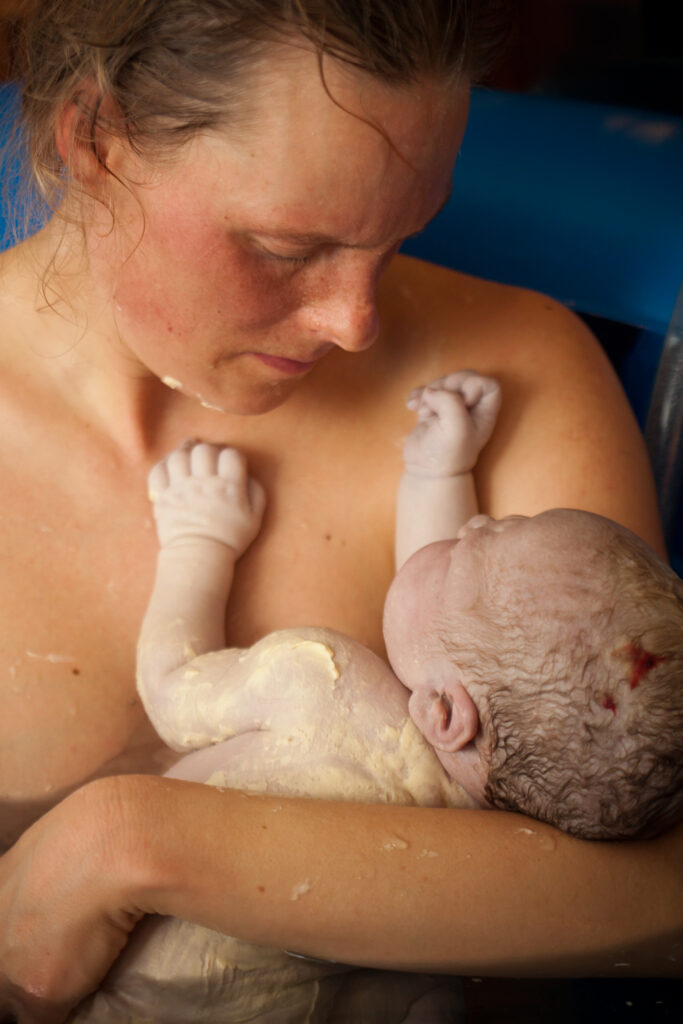
Was Your Labor Difficult And Still On Your Mind?
Postpartum post-traumatic stress disorder (PTSD) following childbirth is more common than you think. It is triggered by either traumatic events during delivery or shortly afterwards and can effect up to 6% of mothers. The experience usually leave a women feeling that either her life or the life of her baby was at risk and can have a huge effect on how she feels emotionally in the weeks or months afterwards.
Symptoms of postpartum PTSD might include intrusive images or dreams about the events during your labor such as medical procedures, pain, and expectations of harm or death happening to either yourself or the baby. It can also cause you to want to avoid places or things associated with the experience. You might also have persistent increased arousal (irritability, difficulty sleeping, hyper-vigilance, exaggerated startle response), anxiety and panic attacks, and feeling a sense detachment.
Back in the mid 1990s I was one of the first researchers to study PTSD following childbirth and I am so pleased that there is now a greater awareness about the effects a traumatic birth can have. Women who have experienced a previous trauma, such as rape or sexual abuse or any other trauma that their life was at risk, are also at a higher risk for experiencing postpartum PTSD. If a woman plans to get pregnant again, it is important to spend time processing what happened in the last labor before the birth of the next child.
Many women who experience PTSD after childbirth are told that they have postpartum depression (PPD) and although women can experience both PTSD and PPD at the same time, they don’t always go hand in hand. A proper diagnosis by a therapist who has experience working with both trauma and postpartum mood disorders is important for treatment to be effective.
Do You Have Postpartum Depression?
It is common for 60-80 percent of new mothers to experience a post-birth period commonly referred to as the baby blues. These “blues” often include frequent and prolonged crying, anxiety, irritability, poor sleep, quick mood changes and a sense of vulnerability. The baby blues usually occur within the first three days following birth and usually go away on their own with proper rest, support, food and time in less than two weeks.
However, about 20 percent of new mother have these feelings for more than two weeks. If your symptoms continue it is likely that you are experiencing postpartum depression or another postpartum mood disorder. Symptoms of postpartum depression include lack of motivation to do anything, tearfulness, and more intense feelings of inadequacy, guilt, anxiety and fatigue. You may also experience physical symptoms, such as headaches and rapid heartbeat. A lack of deep feelings for your baby is of special concern.
These symptoms can appear anytime during the first few months to one year after the birth of your child and without treatment can last much longer. If you’ve have a family history of postpartum depression, have a personal history with depression or other mood disorders, or have been experiencing a lot of stressful situations you are at more risk of developing postpartum depression.
But What I am Feeling Is Different From Being Depressed…
In recent years, research has reported that both pregnant and postpartum women can also experience symptoms and feelings that cannot be classified as depression. These include anxiety, obsessional compulsive disorder (OCD), which often involves intrusive thoughts about some type of harm coming to baby, and as I mentioned above, post-traumatic stress (PSTD) if a mother underwent a difficult birth experience.
These disorders as well as postpartum depression and the emotional problems that present during pregnancy are now referred to as perinatal mood disorders (PPMDs), and statistics indicate that 10-20 percent of women experience one or more in some form.
More information about the different types of symptoms can be found in my Guide To Pregnancy & Postpartum Stress, Anxiety & Depression which can be downloaded for free towards the bottom of the page. It’s important to note, however, that these statistics are probably lower than reality because women – perhaps even you – experience unnecessary guilt and shame and feel reluctant to tell anyone how they are really feeling.

Maternal Mood Disorders are Very Treatable With Help
Many women experience perinatal mood disorders during or after one or all of their pregnancies. Your feelings and symptoms are not uncommon and you are not to blame. With help, you can feel better.
If you are pregnant and experiencing symptoms of worry or sadness, you should know that this is a common experience for expectant mothers, and that it is very treatable. It is important that you recognize these symptoms and seek help.
Research shows that perinatal mood disorders can have a major impact on the relationship between your baby and you, as your baby is finely attuned to your emotions. Seeking treatment before the baby arrives can be easier, and getting treated during pregnancy can reduce the chances of developing postpartum depression or can lessen the length and severity of symptoms.
Through proven, effective therapy methods and 25 years of experience and extensive research and education, Dr. Allen gets quickly to the root of the problem and uses a compassionate, problem-solving and collaborative approach to identify and treat the issues that are causing you to feel overwhelmed and highly stressed.
With Dr. Allen’s guidance, you’ll create strategies to cope with feelings of guilt, sadness and anxiety, adjust to the life transitions that baby brings, and balance the needs of your family, relationships, career and self.
Dr. Allen’s goal is to give you the tools you need so you no longer need to come to therapy. She recognizes that every mother, family and situation is unique, and appreciates that each woman knows herself best. Together, you will address the feelings that are affecting your ability to enjoy motherhood and develop solutions to help you regain your sense of self while you care for your baby and family in ways that feel productive, healthy and positive.
In addition to years of working with individual mothers and families, Dr. Allen also serves as the director of the Postpartum Depression Alliance of Illinois, a statewide nonprofit organization that provides support to pregnant and postpartum women and their families.
Expert Maternal Mental Health Treatment available with Dr Sarah Allen via Remote Counseling Chicago, Northbrook, Throughout Illinois and Florida.
Sarah offers remote counseling as a convenient way for you to access expert support and help if you live in Illinois or Florida.
Read more about how video sessions work Dr. Allen Telephone & Video Sessions
But, You May Have Some Concerns About Getting Help…
Pregnancy and postpartum mood disorders are very common – affecting 15-20 percent of women. PPD is very treatable with help and it’s okay for you to accept support. With treatment, most new mothers begin feeling better sooner, start enjoying motherhood, and continue to show positive improvements in their post-therapy lives.
Pregnancy and postpartum mood disorders are very common – affecting 15-20 percent of women. PPD is very treatable with help and it’s okay for you to accept support. With treatment, most new mothers begin feeling better sooner, start enjoying motherhood, and continue to show positive improvements in their post-therapy lives.
Pregnancy and postpartum mood disorders are very common – affecting 15-20 percent of women. PPD is very treatable with help and it’s okay for you to accept support. With treatment, most new mothers begin feeling better sooner, start enjoying motherhood, and continue to show positive improvements in their post-therapy lives.

Dr. Sarah Allen has 25+ years of experience helping women to transition to being the mom they want to be. She is also the Director of the Postpartum Depression Alliance of IL, a non-profit she started 20 years ago that offers information & support to pregnant & postpartum women and their families. She has also published research on postpartum depression and traumatic childbirth and presented at conferences.
If you would like to work with Sarah, please phone her at 847 791-7722 or on the form below.
If you would like to read more about me and my areas of specialty, please visit Dr. Sarah Allen Bio. Dr. Allen’s professional license only allows her to work with clients who live in IL & FL & the UK and unfortunately does not allow her to give personalized advice via email to people who are not her clients.
Dr. Allen sees clients in person in her Northbrook, IL office or remotely via video or phone.

What Can I Read That Helps Me While I Am Waiting For My First Appointment With Sarah?
If you feel that you may be experiencing pregnancy or postpartum mood disorder, or worry that you may be at risk of developing it, please download my free booklets below.
See each specific webpage to download one or many.
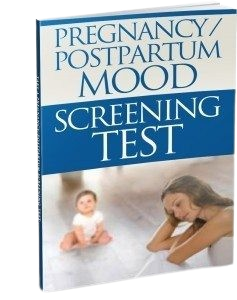
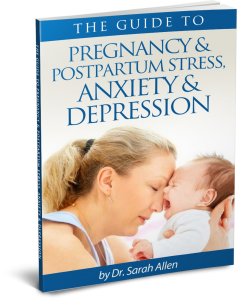
As featured in

If you are thinking about getting counseling and you’d like to talk to someone about the things that are troubling you, I am happy to help.
